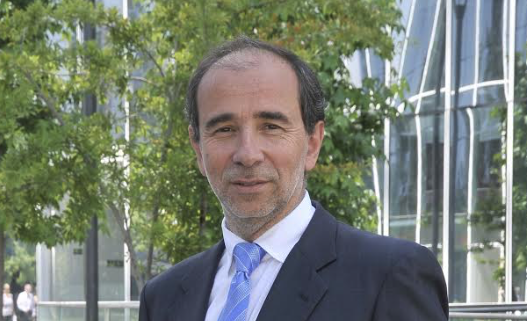The pension reform in Chile is at the height of the consultation stage. The project will bring several new features to the pension system, including a 5% increase in contributions. The Chilean government has announced that the reform will reach parliament between March and April, and that its approval is expected by the end of the year.
Francisco Murillo, CEO at SURA Asset Management Chile, answered three questions about the reform.
1. How do you evaluate the announced incorporation of alternative assets among the investments of the AFPs?, Is it something positive for the markets and for the savers?
It is an excellent initiative, and addresses the need to seek new sources to ensure profitability, considering that the returns we have known in the past will hardly be repeated in the future.
In fact, we were among those who raised the urgent need for this measure. In 2014, in the midst of the debate on the pension system reform, we presented 11 proposals to the Bravo Commission, one of which was precisely to make the investment in alternative assets possible, because of the strong impact they have on pension profitability.
It is shown that an additional 1% of the average annual return in the active life of a member can improve their pension by 20% to 25%. In the recent past, alternative investments have obtained higher returns, less volatility and, moreover, contributed to portfolio efficiency.
The retirement reality that we Chileans live today shows us that there is a gap between the expected pension and the one that is actually received at the end of the working life. Currently there is a broad consensus on the urgent need to apply changes to the system, and that is probably one of the great challenges we have as a country: closing that gap.
It is within this context that we must promote and encourage actions that generate a positive impact on the pension savings of Chileans.
2. One of the potential items of the pension reform could be the limitation of multi-fund movements: How do you evaluate that potential innovation?
It’s fundamental to know the proposed bill in more detail, since there are issues that would have to be analyzed from the technical point of view, in order to evaluate its implementation and impact.
We believe that fund management is relevant to pension construction and requires people’s involvement, so it is very important to have that freedom of choice and action, to decide in which multi-fund to invest your pension savings.
However, we must clarify that the changes that arise from so-called massive funds, or without adequate advice, can generate lower returns for fund members. Our mission as an AFP is to educate people to make appropriate decisions, according to their investment profile and their expectations for post-retirement life.
3. In general, who will win and who will lose with the changes?
Our expectations are that the changes are adjusted so as to achieve the great common goal: improving pensions.
Most likely, the final solution will not be perfect for any of the players involved, there are issues that are shared more strongly than others, but what is clear is that the pension system as such, I do not mean only that of individual capitalization, will better address the needs of an aging country.
In order for us Chileans to enjoy a retirement stage of life according to our expectations, we must act urgently, applying parametric changes and adjustments with greater savings as soon as possible, leaving decisions about the pension system out of the political cycle. The further we delay in acting, the later we will reach our goal of having better pensions.
We are convinced that once the pension reform takes shape, the role of individual capitalization will become even clearer as a key pillar of the pension system and that, outside the environment that has been generated in recent years, the AFPs have fulfilled a fundamental role, and are far from being the problem of the pension system in Chile.


 By Fórmate a Fondo
By Fórmate a Fondo
